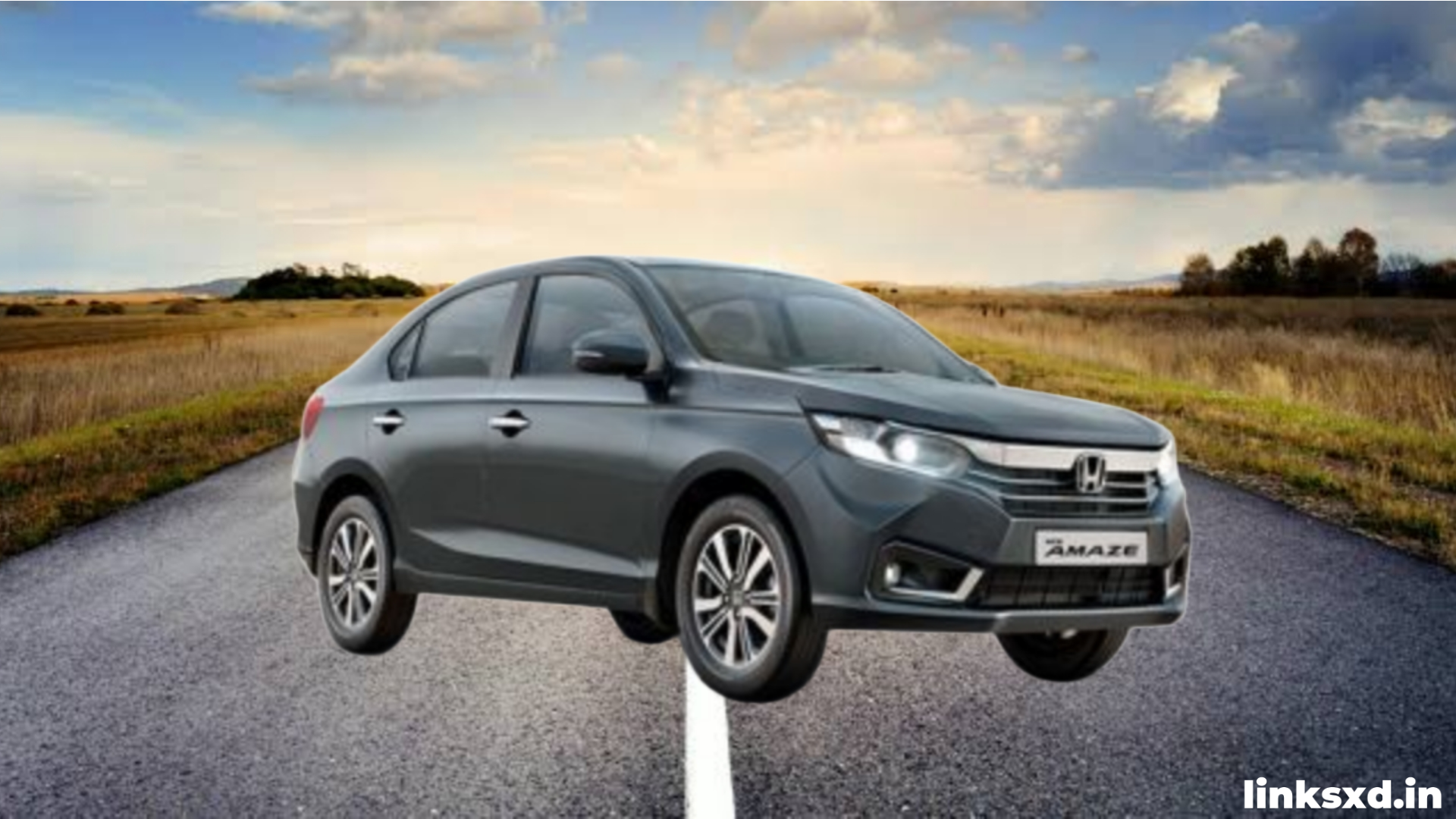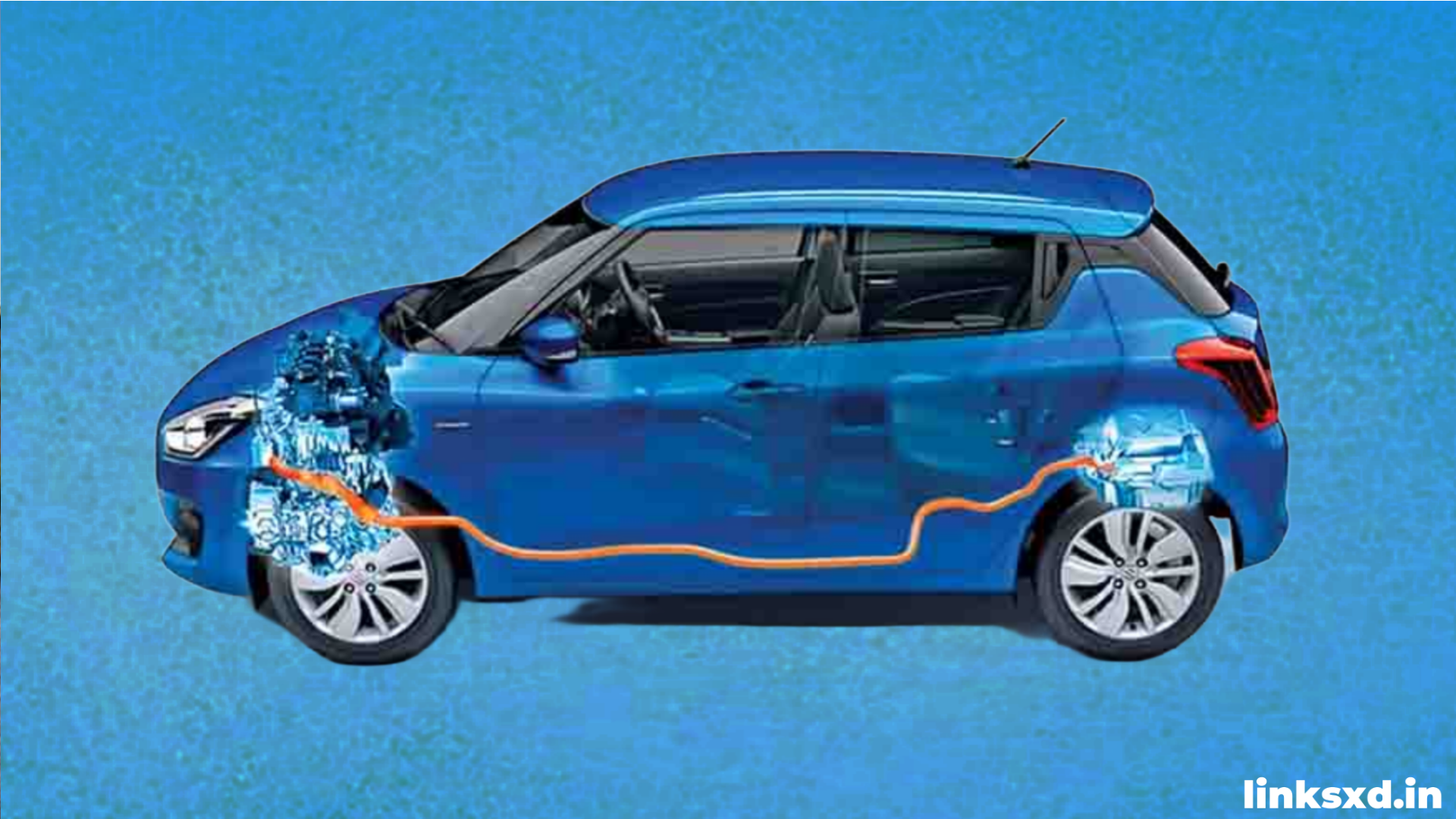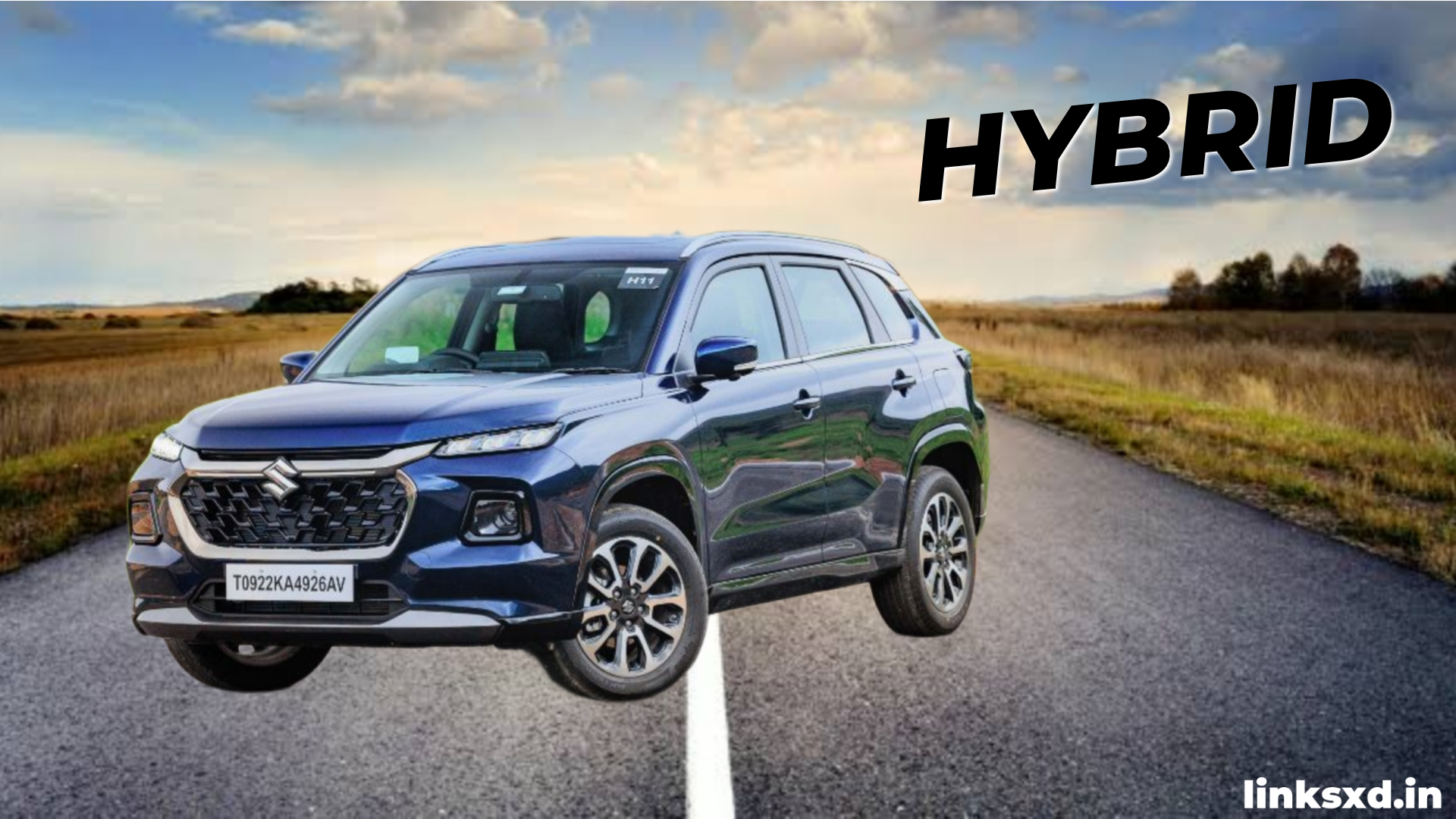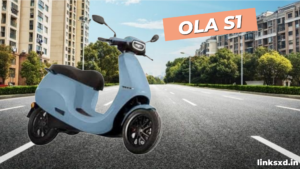Strong Hybrids
Strong hybrids offer a good compromise between efficiency and raw power, as well as lower maintenance requirements due to having fewer moving parts than their ICE counterparts.
Electric cars save on fuel costs and emissions emissions while providing environmental benefits; however, their upfront costs tend to be higher than traditional internal combustion engine cars (ICE cars).
Strong Hybrids Self-charging mechanism
Hybrid vehicles differ from their diesel-electric predecessors in that they use an electric motor as an additional source of energy, enabling them to drive on electricity alone at slower speeds or when power demands are low, or on gas-powered engines for long trips when extra acceleration or hill climbing power may be needed.
Mild hybrids operate alongside their internal combustion engine (ICE), while full hybrids can switch over to electric power for longer distances and provide an all-electric driving experience. When coasting or slowing down, regenerative braking helps recharge the battery while at the same time decreasing load on ICE engines and improving efficiency.
Full hybrids may also use fuel cells or hydrogen generators for added efficiency; currently a handful of PHEVs provide about 50 miles of all-electric range before switching over to internal combustion engine power.
Strong hybrid cars offer many benefits, yet can be prohibitively expensive to own. Since they don’t qualify for tax reductions like pure electric vehicles (EVs), their price tags may seem prohibitive; yet eco-conscious Indian drivers continue to opt for hybrid cars thanks to technological innovations and rising awareness. Times Drive has curated a list of five value-for-money hybrid cars you can purchase today – check it out here.Strong Hybrids

Strong Hybrids Enhanced fuel efficiency
Strong hybrid vehicles combine an electric motor and traditional gasoline engine for maximum fuel efficiency and part-time electric driving capability. Furthermore, this technology helps reduce emissions; unlike electric vehicles which produce more CO2 than their ICE counterparts and may lead to range anxiety issues.Strong Hybrids
Hybrid vehicles may be more economical than electric vehicles (EVs). Furthermore, strong hybrids do not need to be charged from an extensive network of charging stations; additionally EVs contain more moving parts that cost more to maintain; yet according to recent studies EVs can actually be cheaper to run than their traditional rivals.
According to new data, 8.3% of gas households are moving away from traditional internal combustion engine (ICE) cars and towards hybrid models. This represents an impressive surge since previous figures and indicates that consumers are making the switch gradually toward cleaner vehicles.Strong Hybrids
However, some consumers may still not be ready to switch fully electric vehicles; these costly and limited range cars produce more CO2 when driven at higher speeds or cold weather; thus making EVs less popular than ICE models.Strong Hybrids
Strong Hybrids Lower CO2 emissions
Hybrid cars offer low CO2 emissions and reduce range anxiety and charging issues, making them an attractive option for environmentalists. Home charging points allow you to keep the engine running while your car sits parked – saving both time and money compared to electric vehicle (EV) options which must be charged up at fast chargers along the journey.
Mild hybrid vehicles use a generator to power an electric motor and harvest energy through regenerative braking to increase engine efficiency and decrease CO2 emissions by 11% at the tailpipe. A full hybrid can run for longer on electric alone or even travel short distances without using its petrol engine at all.
Hybrid vehicles represent an advancement in vehicle technology that can save consumers a great deal at the pump. A full hybrid can reduce fuel consumption by 34% while their powertrain has been designed for ease of maintenance and replacement costs; making these hybrid cars an excellent choice for fleet management while providing significant CO2 reduction at their tailpipe.Strong Hybrids

Strong Hybrids Performance
Hybrid cars can significantly enhance fuel efficiency by combining an internal combustion engine with an electric motor. While the engine provides low speed propulsion, the latter assists with regenerative braking and acceleration – the system even has the option of shutting off when coasting or idling occurs!
Hybrid vehicles’ performance depends on their battery. Some of the latest models feature batteries with greater power output and longer driving range than earlier hybrid cars, as well as reduced emissions levels due to carbon dioxide emission reductions and other pollutants being reduced as well as decreased pollution levels; however, their initial purchase cost still outweighs conventional and mild hybrid options.
Some may view hybrid cars as a novel way of showing their political beliefs, but owning one has many advantages. Hybrids offer comfortable rides while being lighter on tires and brakes than traditional vehicles – not to mention being more economical to operate than their conventional counterparts.
In 2015, Consumer Reports calculated that hybrid vehicles typically took eight years to pay for themselves through fuel savings; thanks to improved technology and higher gas prices however, this payback time has now been cut to four years – making hybrids an attractive option for drivers seeking both financial savings and reduced environmental impacts.



